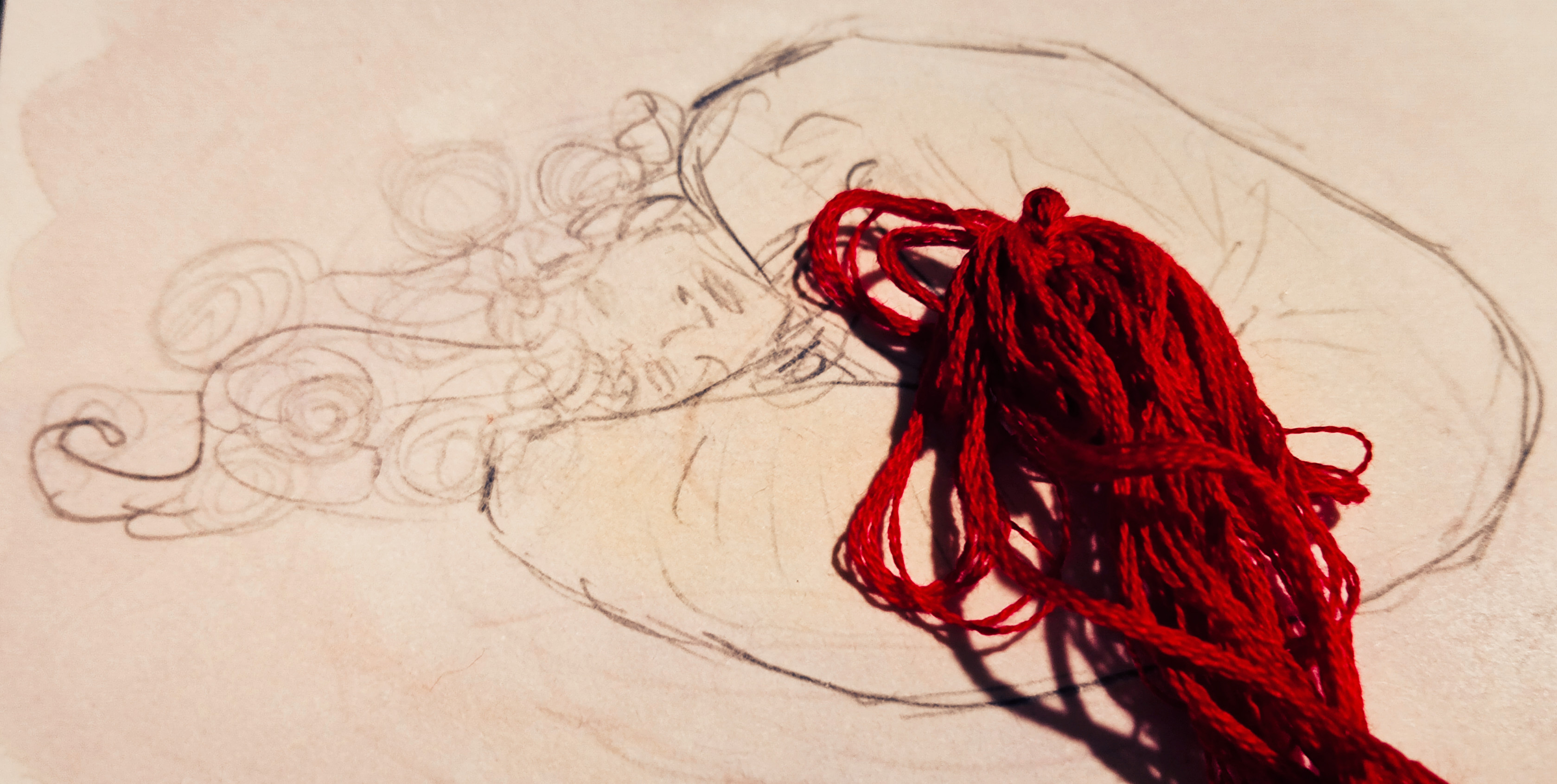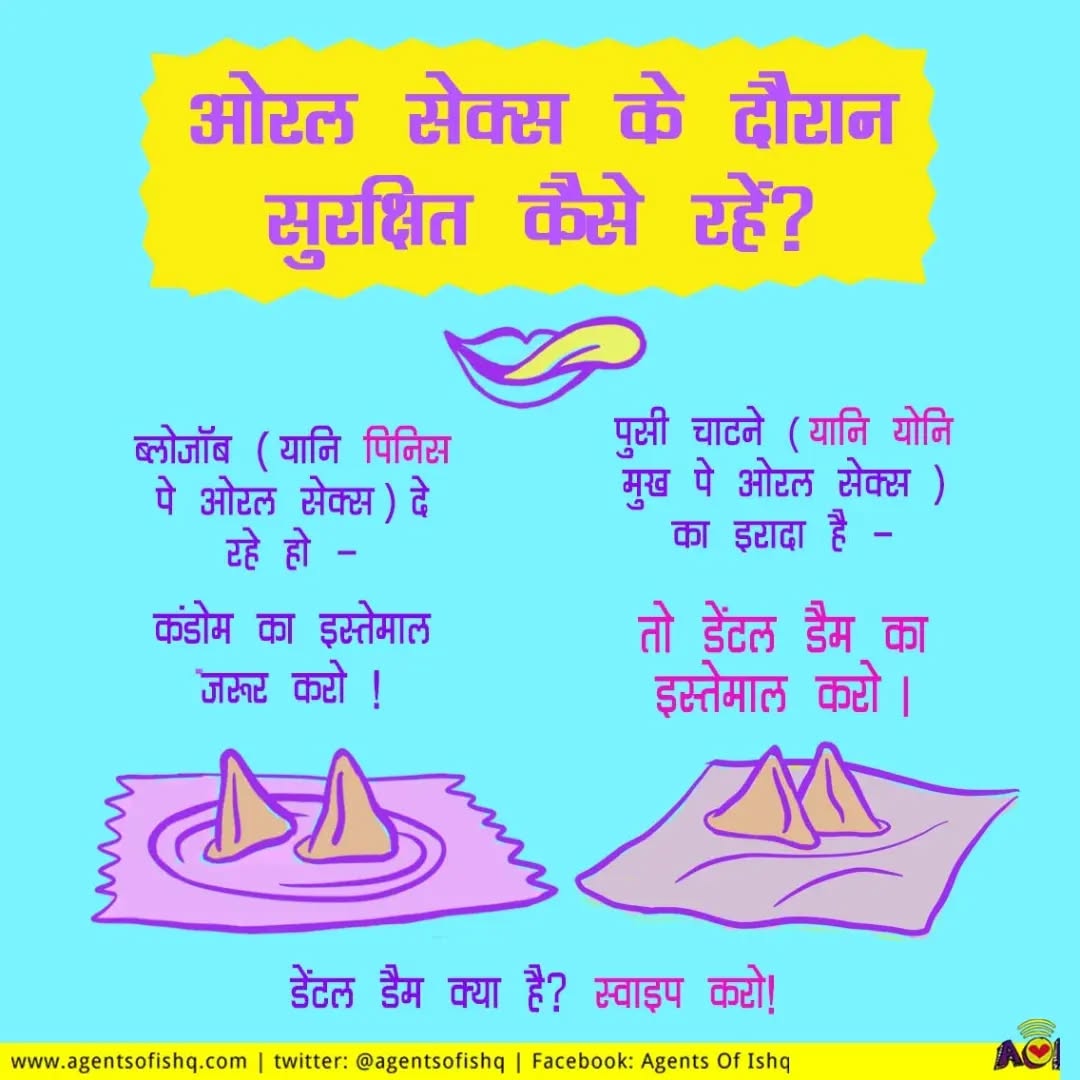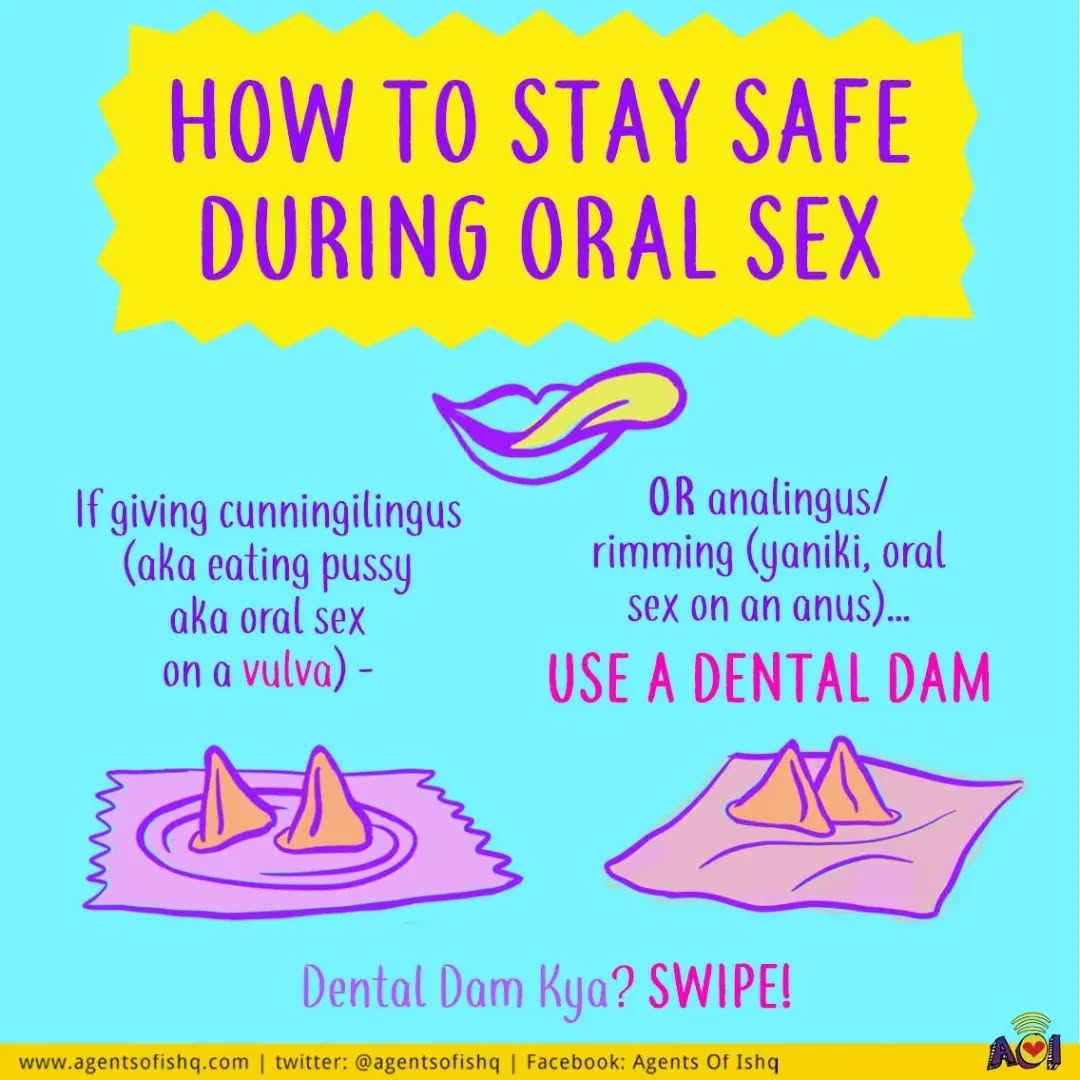Being a teenager isn’t easy, that’s what they all tell you right? But it’s not until you’re in your mid-teens that you realise what they’re talking about. Or that’s what happens in movies anyway. In reality, we all go through difficult times at our own pace, as and when life throws it our way. There is no age to face a hurdle, it just happens.When I became a teenager, people warned me, as if instinctively, to not get depressed and have an eating disorder. That was my coming-of-age gift. Advice that I didn’t understand and expectations I had to live up to. This, however, had the opposite effect on me. As a thirteen-year-old, I didn’t know much about depression and eating disorders. I thought this meant I couldn’t be sad anymore, because that meant I was depressed. Trying to be happy all the time made me feel fake. Like if I was true to myself and allowed myself to be sad, I would be letting down the people around me. In an attempt to hide this, I stayed as far away from people as I possibly could.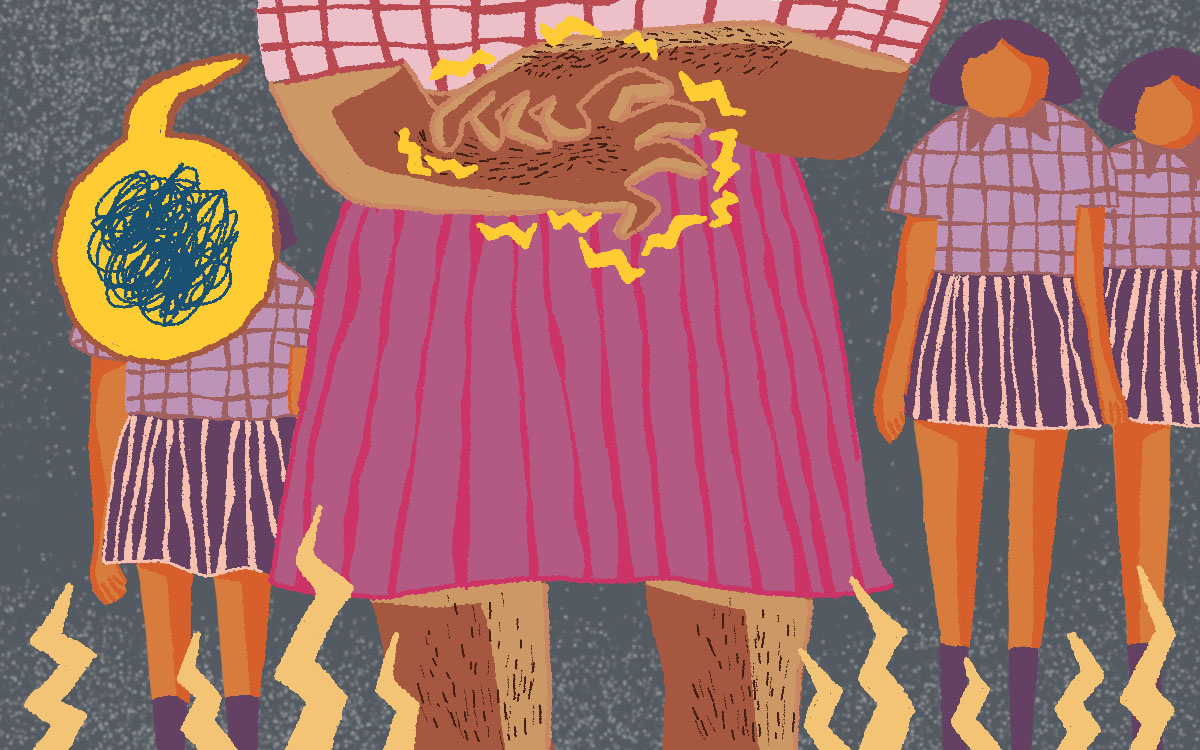 Being the ‘cool kid’ wasn’t in my blood anyway, but my fear of being called a fake kept me away from most people. I was so obsessed with the idea of wanting to be ‘average’ since I didn’t want to be the bully or the bullied. I never voiced my opinions in order to not stand out. I kept my appearance basic and kept to myself. I slowly became the outcast. This made me feel more and more left out and misunderstood.Along with all of this, I had a crush on the most popular asshole in class. He treated everyone like shit and got away with it without feeling an iota of guilt. I wanted to know what that life was all about. A life you could live for yourself, where you didn’t have to care about others' feelings.In my quest to be liked by this asshole, I began pointing out the flaws I saw in myself. For starters, I had acne when none of my classmates did, I was the tallest and heaviest girl in class and I slowly grew to hate it. For years I went around with this silent self-hate and since no one could see or hear it, they thought I was okay, and so did I.Thankfully, he left school soon after. With his departure, stories of bullying came to the surface. I felt ashamed to have had feelings for someone who hurt so many people, I felt ashamed to have wanted to be like him. This only added fuel to my fire of self-hate. I would change my body to look the way I wanted it to since that would make me hate myself less, or so I thought.And so, it began: looking up calories, counting, restricting, exercising, and throwing up. The weight began to come off and once again, no one noticed. Once I thought I had lost enough I would wait for the compliments. When they didn’t come, I thought what I had done wasn’t enough and continued losing more and more. I would celebrate at home by showing off my underweight BMI and skipping meals. When still no one noticed and I couldn’t lose any more weight without starving, the level of self-hate went through the roof.From my constant need to not disappoint people, rose a need to be perfect. I didn’t want to hide anymore, but if I would be noticed, it would be for being perfect. I began hating that I wasn’t thin enough for people to notice, that I wasn’t pretty enough for them to like me, that I wasn’t smart enough for them to praise me, that I just wasn’t enough. I started believing that people’s lives would be better off without me, that I was just a burden on my family and that they deserved someone so much better. The only way I found to let this hate and anger out was to physically punish myself. I began cutting, and slowly, it became a nightly ritual.It wasn’t until someone told me that that was wrong did I realise what I was doing. They said if I didn’t want to hurt anyone else, why was I okay with hurting myself? To this day I don’t really know why it’s wrong. I only stopped because others made me promise.
Being the ‘cool kid’ wasn’t in my blood anyway, but my fear of being called a fake kept me away from most people. I was so obsessed with the idea of wanting to be ‘average’ since I didn’t want to be the bully or the bullied. I never voiced my opinions in order to not stand out. I kept my appearance basic and kept to myself. I slowly became the outcast. This made me feel more and more left out and misunderstood.Along with all of this, I had a crush on the most popular asshole in class. He treated everyone like shit and got away with it without feeling an iota of guilt. I wanted to know what that life was all about. A life you could live for yourself, where you didn’t have to care about others' feelings.In my quest to be liked by this asshole, I began pointing out the flaws I saw in myself. For starters, I had acne when none of my classmates did, I was the tallest and heaviest girl in class and I slowly grew to hate it. For years I went around with this silent self-hate and since no one could see or hear it, they thought I was okay, and so did I.Thankfully, he left school soon after. With his departure, stories of bullying came to the surface. I felt ashamed to have had feelings for someone who hurt so many people, I felt ashamed to have wanted to be like him. This only added fuel to my fire of self-hate. I would change my body to look the way I wanted it to since that would make me hate myself less, or so I thought.And so, it began: looking up calories, counting, restricting, exercising, and throwing up. The weight began to come off and once again, no one noticed. Once I thought I had lost enough I would wait for the compliments. When they didn’t come, I thought what I had done wasn’t enough and continued losing more and more. I would celebrate at home by showing off my underweight BMI and skipping meals. When still no one noticed and I couldn’t lose any more weight without starving, the level of self-hate went through the roof.From my constant need to not disappoint people, rose a need to be perfect. I didn’t want to hide anymore, but if I would be noticed, it would be for being perfect. I began hating that I wasn’t thin enough for people to notice, that I wasn’t pretty enough for them to like me, that I wasn’t smart enough for them to praise me, that I just wasn’t enough. I started believing that people’s lives would be better off without me, that I was just a burden on my family and that they deserved someone so much better. The only way I found to let this hate and anger out was to physically punish myself. I began cutting, and slowly, it became a nightly ritual.It wasn’t until someone told me that that was wrong did I realise what I was doing. They said if I didn’t want to hurt anyone else, why was I okay with hurting myself? To this day I don’t really know why it’s wrong. I only stopped because others made me promise.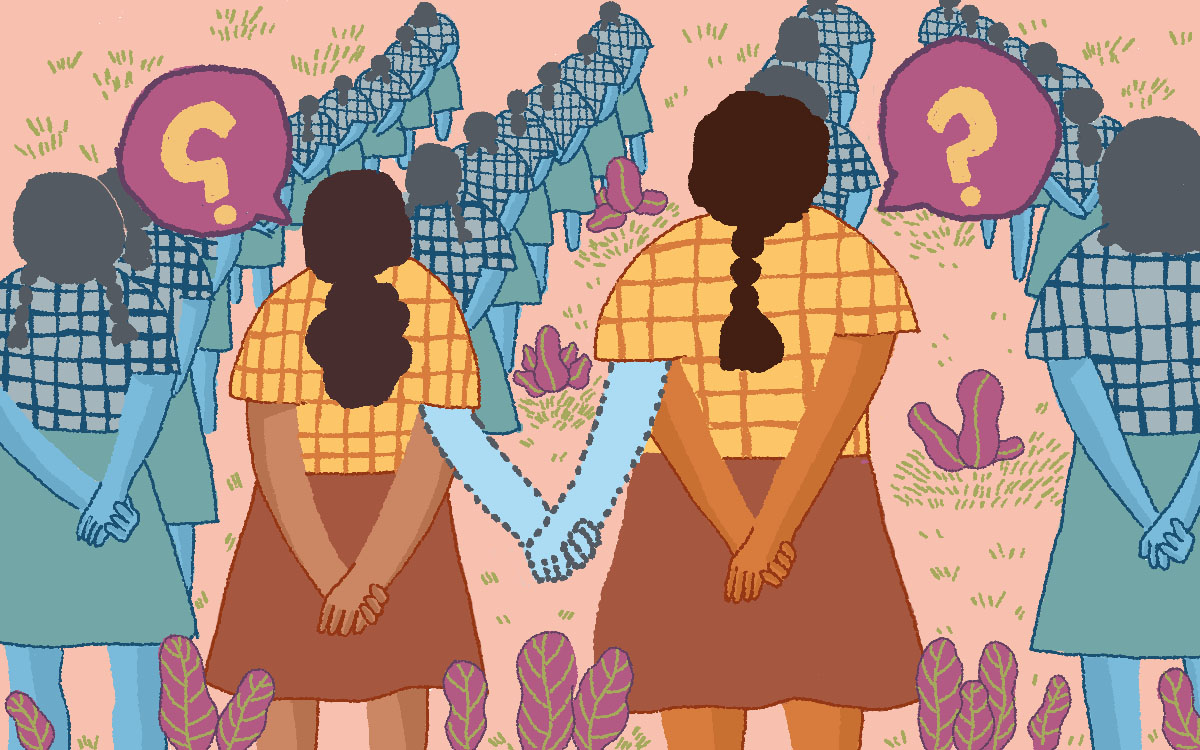 A couple years down the line, in the 8th grade, I realised that I liked girls in the same way I liked boys. When all my friends were talking about wanting to hug and kiss boys, I was thinking about hugging and kissing girls. In the beginning I thought that everyone felt that way, then I learned that others didn’t feel the same. I had felt this since I was about 10 years old, but never realised that it was different from the way others thought until I got introduced to the LGBTQ+ community. When I realised this, I didn’t think it was embarrassing or something to hide so I told all of my close friends. Luckily for me, only one of them didn’t understand and thought it was a weird phase I was going through.Two years later when I started dating a girl, I felt that it was only fair to tell my father about it, since he knew about all my ‘normal’ crushes and boyfriends. By this point, I had read plenty of stories about parents disowning their children for coming out, so I was very scared about how he would react to me being bisexual.
A couple years down the line, in the 8th grade, I realised that I liked girls in the same way I liked boys. When all my friends were talking about wanting to hug and kiss boys, I was thinking about hugging and kissing girls. In the beginning I thought that everyone felt that way, then I learned that others didn’t feel the same. I had felt this since I was about 10 years old, but never realised that it was different from the way others thought until I got introduced to the LGBTQ+ community. When I realised this, I didn’t think it was embarrassing or something to hide so I told all of my close friends. Luckily for me, only one of them didn’t understand and thought it was a weird phase I was going through.Two years later when I started dating a girl, I felt that it was only fair to tell my father about it, since he knew about all my ‘normal’ crushes and boyfriends. By this point, I had read plenty of stories about parents disowning their children for coming out, so I was very scared about how he would react to me being bisexual.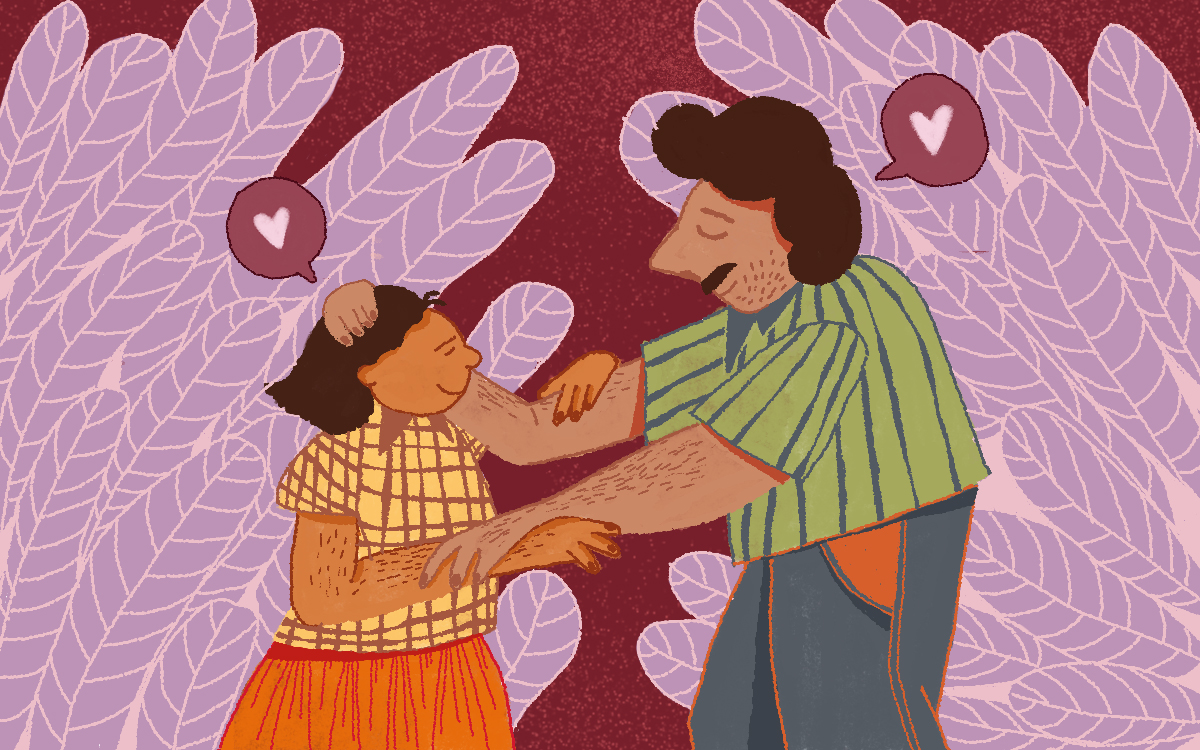 Surprisingly for me, when I told my father, he said that it wasn’t something he could change so he didn’t have the right to complain about it or oppose. I finally felt like I could be myself around him and tell him everything, so my relationship with my father only grew stronger. This led me to being so comfortable with him that I opened up about my struggle with my self-harm and eating disorder. This was my first step in the right direction. I was made to see a therapist twice a week and a psychiatrist once a week to seek help for my issues. This, along with support from my friends and family, completely changed my outlook towards the world. I now realised I didn’t have to be perfect, that being ‘perfect’ wasn’t achievable.If someone asked me what I regretted about my teenage years, I wouldn’t say nothing. There was so much I could have done and so much I shouldn’t have done. But I do agree that my experiences have helped shape who I am as a person today. Even though I haven’t crossed the bridge from teenage hood to adulthood, I’ve found ways to cope with intrusive thoughts about disappointing others and self-hate and am looking forward to the future for once. I’ve learned that I’m worthy of surrounding myself with people who are good for me, people who truly care about me. It’s not like I don’t have bad days, I still do. But on those days, I give myself time to get past whatever I may be facing. I’ve learned that although it’s okay to have people you can depend upon, it’s always best to be your own hero.
Surprisingly for me, when I told my father, he said that it wasn’t something he could change so he didn’t have the right to complain about it or oppose. I finally felt like I could be myself around him and tell him everything, so my relationship with my father only grew stronger. This led me to being so comfortable with him that I opened up about my struggle with my self-harm and eating disorder. This was my first step in the right direction. I was made to see a therapist twice a week and a psychiatrist once a week to seek help for my issues. This, along with support from my friends and family, completely changed my outlook towards the world. I now realised I didn’t have to be perfect, that being ‘perfect’ wasn’t achievable.If someone asked me what I regretted about my teenage years, I wouldn’t say nothing. There was so much I could have done and so much I shouldn’t have done. But I do agree that my experiences have helped shape who I am as a person today. Even though I haven’t crossed the bridge from teenage hood to adulthood, I’ve found ways to cope with intrusive thoughts about disappointing others and self-hate and am looking forward to the future for once. I’ve learned that I’m worthy of surrounding myself with people who are good for me, people who truly care about me. It’s not like I don’t have bad days, I still do. But on those days, I give myself time to get past whatever I may be facing. I’ve learned that although it’s okay to have people you can depend upon, it’s always best to be your own hero.
 Being the ‘cool kid’ wasn’t in my blood anyway, but my fear of being called a fake kept me away from most people. I was so obsessed with the idea of wanting to be ‘average’ since I didn’t want to be the bully or the bullied. I never voiced my opinions in order to not stand out. I kept my appearance basic and kept to myself. I slowly became the outcast. This made me feel more and more left out and misunderstood.Along with all of this, I had a crush on the most popular asshole in class. He treated everyone like shit and got away with it without feeling an iota of guilt. I wanted to know what that life was all about. A life you could live for yourself, where you didn’t have to care about others' feelings.In my quest to be liked by this asshole, I began pointing out the flaws I saw in myself. For starters, I had acne when none of my classmates did, I was the tallest and heaviest girl in class and I slowly grew to hate it. For years I went around with this silent self-hate and since no one could see or hear it, they thought I was okay, and so did I.Thankfully, he left school soon after. With his departure, stories of bullying came to the surface. I felt ashamed to have had feelings for someone who hurt so many people, I felt ashamed to have wanted to be like him. This only added fuel to my fire of self-hate. I would change my body to look the way I wanted it to since that would make me hate myself less, or so I thought.And so, it began: looking up calories, counting, restricting, exercising, and throwing up. The weight began to come off and once again, no one noticed. Once I thought I had lost enough I would wait for the compliments. When they didn’t come, I thought what I had done wasn’t enough and continued losing more and more. I would celebrate at home by showing off my underweight BMI and skipping meals. When still no one noticed and I couldn’t lose any more weight without starving, the level of self-hate went through the roof.From my constant need to not disappoint people, rose a need to be perfect. I didn’t want to hide anymore, but if I would be noticed, it would be for being perfect. I began hating that I wasn’t thin enough for people to notice, that I wasn’t pretty enough for them to like me, that I wasn’t smart enough for them to praise me, that I just wasn’t enough. I started believing that people’s lives would be better off without me, that I was just a burden on my family and that they deserved someone so much better. The only way I found to let this hate and anger out was to physically punish myself. I began cutting, and slowly, it became a nightly ritual.It wasn’t until someone told me that that was wrong did I realise what I was doing. They said if I didn’t want to hurt anyone else, why was I okay with hurting myself? To this day I don’t really know why it’s wrong. I only stopped because others made me promise.
Being the ‘cool kid’ wasn’t in my blood anyway, but my fear of being called a fake kept me away from most people. I was so obsessed with the idea of wanting to be ‘average’ since I didn’t want to be the bully or the bullied. I never voiced my opinions in order to not stand out. I kept my appearance basic and kept to myself. I slowly became the outcast. This made me feel more and more left out and misunderstood.Along with all of this, I had a crush on the most popular asshole in class. He treated everyone like shit and got away with it without feeling an iota of guilt. I wanted to know what that life was all about. A life you could live for yourself, where you didn’t have to care about others' feelings.In my quest to be liked by this asshole, I began pointing out the flaws I saw in myself. For starters, I had acne when none of my classmates did, I was the tallest and heaviest girl in class and I slowly grew to hate it. For years I went around with this silent self-hate and since no one could see or hear it, they thought I was okay, and so did I.Thankfully, he left school soon after. With his departure, stories of bullying came to the surface. I felt ashamed to have had feelings for someone who hurt so many people, I felt ashamed to have wanted to be like him. This only added fuel to my fire of self-hate. I would change my body to look the way I wanted it to since that would make me hate myself less, or so I thought.And so, it began: looking up calories, counting, restricting, exercising, and throwing up. The weight began to come off and once again, no one noticed. Once I thought I had lost enough I would wait for the compliments. When they didn’t come, I thought what I had done wasn’t enough and continued losing more and more. I would celebrate at home by showing off my underweight BMI and skipping meals. When still no one noticed and I couldn’t lose any more weight without starving, the level of self-hate went through the roof.From my constant need to not disappoint people, rose a need to be perfect. I didn’t want to hide anymore, but if I would be noticed, it would be for being perfect. I began hating that I wasn’t thin enough for people to notice, that I wasn’t pretty enough for them to like me, that I wasn’t smart enough for them to praise me, that I just wasn’t enough. I started believing that people’s lives would be better off without me, that I was just a burden on my family and that they deserved someone so much better. The only way I found to let this hate and anger out was to physically punish myself. I began cutting, and slowly, it became a nightly ritual.It wasn’t until someone told me that that was wrong did I realise what I was doing. They said if I didn’t want to hurt anyone else, why was I okay with hurting myself? To this day I don’t really know why it’s wrong. I only stopped because others made me promise. A couple years down the line, in the 8th grade, I realised that I liked girls in the same way I liked boys. When all my friends were talking about wanting to hug and kiss boys, I was thinking about hugging and kissing girls. In the beginning I thought that everyone felt that way, then I learned that others didn’t feel the same. I had felt this since I was about 10 years old, but never realised that it was different from the way others thought until I got introduced to the LGBTQ+ community. When I realised this, I didn’t think it was embarrassing or something to hide so I told all of my close friends. Luckily for me, only one of them didn’t understand and thought it was a weird phase I was going through.Two years later when I started dating a girl, I felt that it was only fair to tell my father about it, since he knew about all my ‘normal’ crushes and boyfriends. By this point, I had read plenty of stories about parents disowning their children for coming out, so I was very scared about how he would react to me being bisexual.
A couple years down the line, in the 8th grade, I realised that I liked girls in the same way I liked boys. When all my friends were talking about wanting to hug and kiss boys, I was thinking about hugging and kissing girls. In the beginning I thought that everyone felt that way, then I learned that others didn’t feel the same. I had felt this since I was about 10 years old, but never realised that it was different from the way others thought until I got introduced to the LGBTQ+ community. When I realised this, I didn’t think it was embarrassing or something to hide so I told all of my close friends. Luckily for me, only one of them didn’t understand and thought it was a weird phase I was going through.Two years later when I started dating a girl, I felt that it was only fair to tell my father about it, since he knew about all my ‘normal’ crushes and boyfriends. By this point, I had read plenty of stories about parents disowning their children for coming out, so I was very scared about how he would react to me being bisexual. Surprisingly for me, when I told my father, he said that it wasn’t something he could change so he didn’t have the right to complain about it or oppose. I finally felt like I could be myself around him and tell him everything, so my relationship with my father only grew stronger. This led me to being so comfortable with him that I opened up about my struggle with my self-harm and eating disorder. This was my first step in the right direction. I was made to see a therapist twice a week and a psychiatrist once a week to seek help for my issues. This, along with support from my friends and family, completely changed my outlook towards the world. I now realised I didn’t have to be perfect, that being ‘perfect’ wasn’t achievable.If someone asked me what I regretted about my teenage years, I wouldn’t say nothing. There was so much I could have done and so much I shouldn’t have done. But I do agree that my experiences have helped shape who I am as a person today. Even though I haven’t crossed the bridge from teenage hood to adulthood, I’ve found ways to cope with intrusive thoughts about disappointing others and self-hate and am looking forward to the future for once. I’ve learned that I’m worthy of surrounding myself with people who are good for me, people who truly care about me. It’s not like I don’t have bad days, I still do. But on those days, I give myself time to get past whatever I may be facing. I’ve learned that although it’s okay to have people you can depend upon, it’s always best to be your own hero.
Surprisingly for me, when I told my father, he said that it wasn’t something he could change so he didn’t have the right to complain about it or oppose. I finally felt like I could be myself around him and tell him everything, so my relationship with my father only grew stronger. This led me to being so comfortable with him that I opened up about my struggle with my self-harm and eating disorder. This was my first step in the right direction. I was made to see a therapist twice a week and a psychiatrist once a week to seek help for my issues. This, along with support from my friends and family, completely changed my outlook towards the world. I now realised I didn’t have to be perfect, that being ‘perfect’ wasn’t achievable.If someone asked me what I regretted about my teenage years, I wouldn’t say nothing. There was so much I could have done and so much I shouldn’t have done. But I do agree that my experiences have helped shape who I am as a person today. Even though I haven’t crossed the bridge from teenage hood to adulthood, I’ve found ways to cope with intrusive thoughts about disappointing others and self-hate and am looking forward to the future for once. I’ve learned that I’m worthy of surrounding myself with people who are good for me, people who truly care about me. It’s not like I don’t have bad days, I still do. But on those days, I give myself time to get past whatever I may be facing. I’ve learned that although it’s okay to have people you can depend upon, it’s always best to be your own hero.

